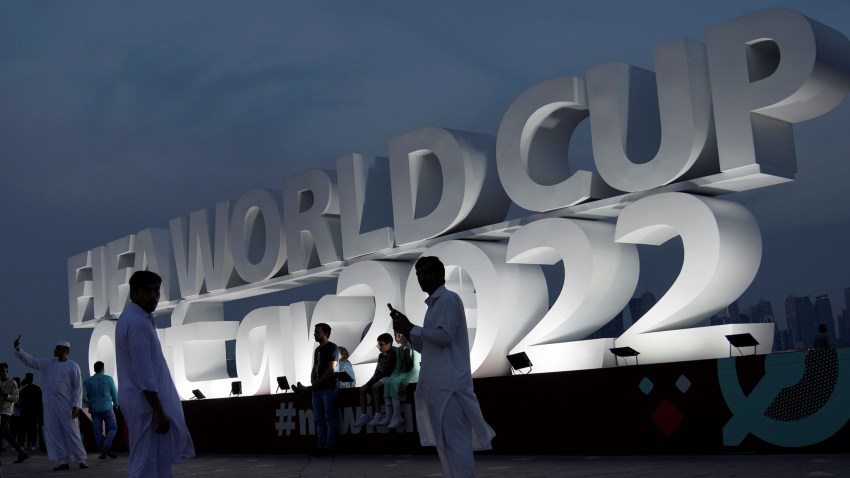The anticipation is building to a fever pitch ahead of Sunday’s FIFA World Cup final in Qatar between defending champion France and Argentina. The tournament’s group-stage and knockout-round matches offered their usual share of drama and heartbreak—including several Cinderella stories, like Morocco—before ultimately giving way to a showdown between two national teams that are no strangers to the international soccer spotlight.
But the tournament this year was accompanied by heightened scrutiny of the host country’s human rights record, due to the harsh working conditions for the migrant laborers that built the tournament infrastructure, largely from scratch. Reports in the runup to the tournament spoke of hundreds of deaths due to heat exhaustion and long hours among the workers, many of whom came from poor countries in South Asia. Restrictions placed by FIFA on expressions of support by national teams and fans for LGBTQ rights, in deference to Qatar’s hostility to homosexuality, also drew condemnation from players, fans and rights activists.
Qatar’s use of the tournament for “sportswashing” drew comparisons to the 1978 World Cup held in Argentina, when the military dictatorship then ruling the country similarly tried to present a sanitized image to the world. Meanwhile, France’s semifinal match against Morocco was framed by some observers as a showdown between a former colony and its former colonizer. The reality is more complicated given the two countries’ intertwined history since the end of the colonial period, but also in light of Morocco’s current status as an occupier of Western Sahara.

